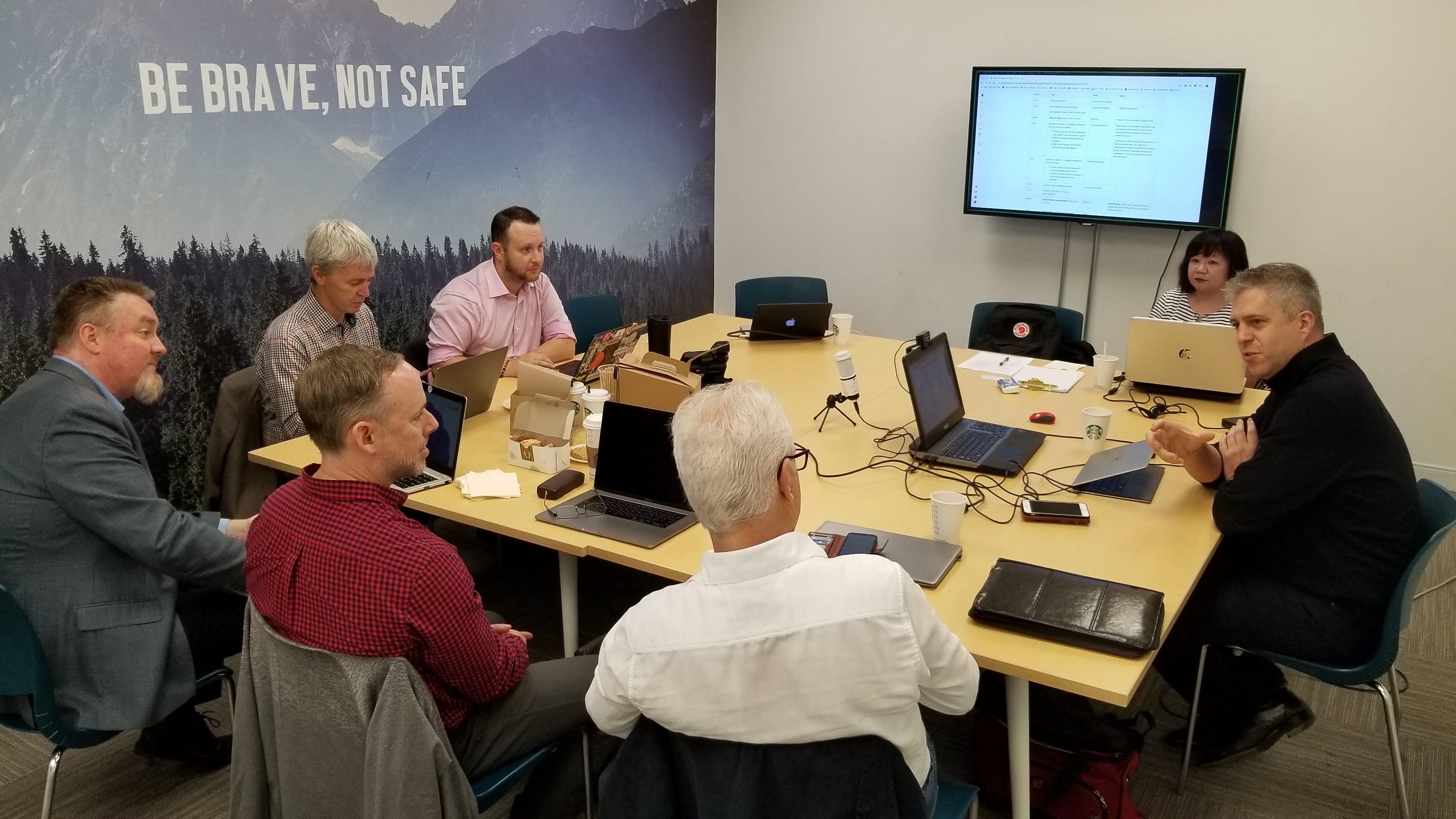Meet Quartech
- What is the mission and vision of Quartech?

Our mission is to make our clients successful. We do this by attracting the brightest and most capable innovative people who will create clarity, drive innovation, and deliver excellence
2. Why is trustworthy digital identity crucial for existing and emerging markets?
Privacy and identity are at the core of the next generation of our digital lives. Our customers, clients and citizens are demanding privacy. An interoperable digital identity that offers verifiable claims, creates a trust fabric that will make possible improved and streamlined ways of interacting in the markets as well as increasing privacy while retaining that verifiable identity. Digital identity will give the citizens back control over their personal information and drastically reduce identity theft and other vulnerabilities brought on by our digital experiences so far. Digital identity is a key enabler for a more efficient and private future online. Finally, digital identity empowers the customer with a means to conduct business in a way that protects privacy without compromising access to services. For example, a person can now verify their age without sharing their birthdate or any other personal information.
3. How will digital identity transform the Canadian and global economy? How does Quartech address challenges associated with this transformation?
A digital identity trust framework across Canada will allow for an unprecedented level of efficiency and economy when conducting everyday transactions online. With digital identity and a trust framework, transactions can be achieved efficiently and cost-effectively and with minimal necessary personal information. The Canadian and global economy will benefit from the removal of barriers and latency associated with traditional identity verification methods that slow commerce, delay money flow and hinder the economy. With a decentralized and standards-based identity solution, a new set of experiences will emerge that empowers users and organizations to have greater control over their data – all while delivering higher quality services with a higher degree of trust and security.
4. What role does Canada have to play as a leader in this space?
In many ways, Canada is a leader in this space. In BC, the inception of the BC Services Card and its digital identity capability is a first step towards creating a trusted and verifiable Digital Identity and trusted identity-based economy. The next step is decentralization and the creation of a standards-based trust fabric. Quartech, with its involvement in the Verifiable Organization Network project and its implementation of Hyperledger Indy, helps place Canada in the leading edge of this trusted identity space. The next step is decentralization of our digital identity following a self-sovereign identity model for use not only for access to government services in person and online but access to services outside of government where verifiable, privately managed digital identity is an enabler.
5. What else should we know about Quartech?
Quartech Systems is an award-winning technology and business consulting firm with offices in Vancouver and Victoria, BC. Our clients are predominantly public sector, including crown corporations within BC. One of our most relevant recent projects includes our development team working on Verifiable Organizations Network project, a self-sovereign identity blockchain identity project to manage verifiable claims for organizations.

